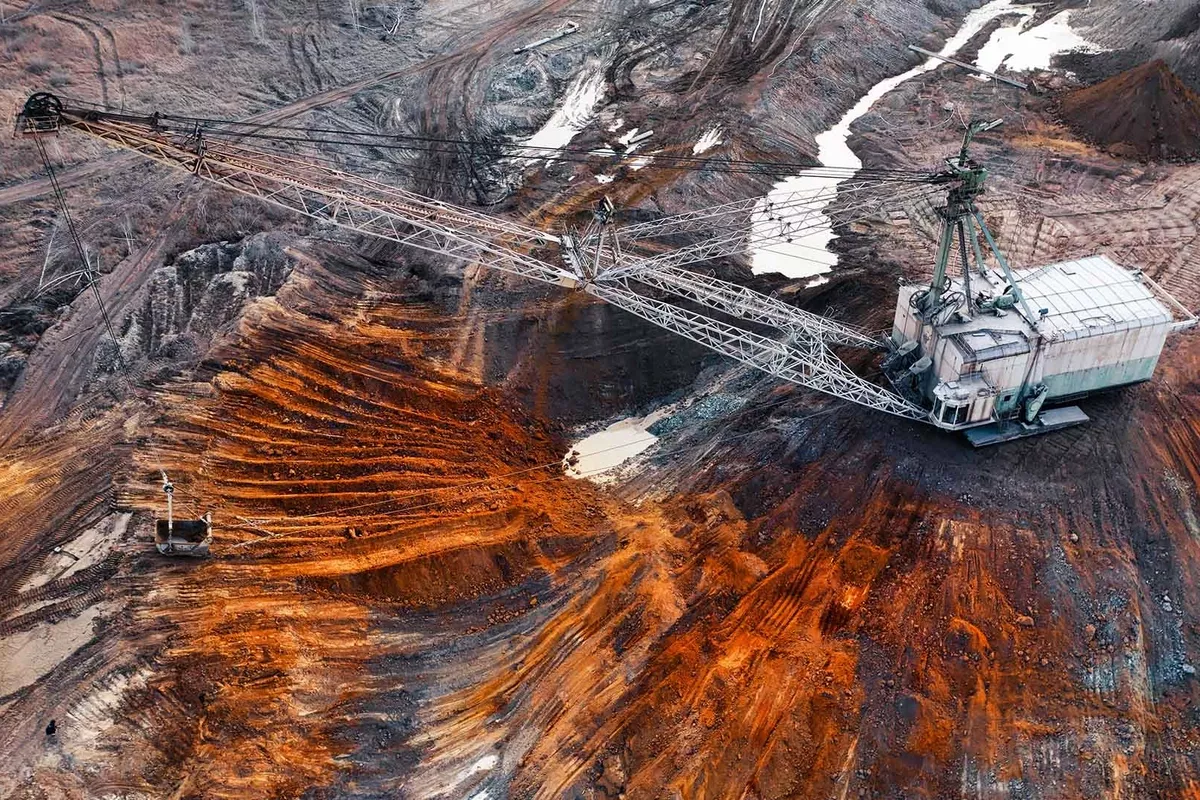
Photo credit: Shutterstock.
During her recent Senate confirmation hearing, Julie Stufft, the Trump administration’s nominee to be US envoy to Kazakhstan, reaffirmed US interest in developing Central Asia’s critical minerals sector, The Caspian Post reports Eurasianet.
“Almost half of the minerals recognized by the [US Geological Survey] as critical to our economy and national security are in Kazakhstan, and one of my main goals, if confirmed, would be to ensure that US investment in this sector takes place,” she stated. She added that containing Chinese influence in the region’s minerals sector was also a priority for US foreign policy.
Stufft’s comments are consistent with repeated statements made by US Secretary of State Marco Rubio and other top administration officials since Donald Trump returned to the presidency in January.
Central Asian states are relatively eager for US participation in developing the sector’s potential and are equally keen to limit Chinese economic influence while diversifying trade options. But some Central Asian officials have quietly complained that there has been little follow up to the US expressions of intent.
Meanwhile, China, which already has a strong position in Central Asia’s mining sector, is moving aggressively to tighten its grip.
On August 6, a Chinese state-owned entity, China National Gold Group, concluded a deal with Uzbekistan’s Ministry of Mining and Geology covering cooperation in such areas as “geological exploration in promising areas for precious metals and critical minerals.” The agreement also contains provisions on joint mining ventures, as well as the “production of high-value-added products, technology transfers, personnel training and the financing of promising projects.”
In late July, the Association of Chinese Entrepreneurs in Uzbekistan proposed the establishment of a $500-million investment fund to develop the country’s “green minerals” potential. The plan includes provisions to conduct joint research, develop shared environmental standards and personnel training, according to a statement issued by the Uzbek Ministry of Mining and Geology.
Also in late July, Uzbek officials expressed interest in a Chinese proposal to establish a metallurgical industrial park near the capital Tashkent. A report distributed by the state-aligned outlet UzDaily stated that the sides will “work out the conditions for signing a relevant agreement.”
Chinese firms are likewise assiduously building dominant positions in other fast-emerging economic sectors in Central Asia, including renewable energy and AI. On July 24, for example, Uzbekistan’s Ministry of Energy and Shanghai Linkwise Data Intelligence signed a memorandum of understanding to build a 300 Megawatt data center in Bukhara.
Some US analysts contend that even if the United States ramps up engagement efforts, it will have a hard time competing with China in the Central Asian critical minerals sector.
“Just because the region has critical minerals, does not mean the United States can easily access them. Taking a closer look at the region, infrastructure, governance, topography, and geopolitical complexities presents numerous challenges for US companies to navigate,” states an analysis published by the Atlantic Council in April.
Any possibility of substantive US-Central Asian trade in critical minerals will require the rapid development of the Middle Corridor, a transit network still in its infancy, the Atlantic Council analysis added.
“In its current state, the Middle Corridor is incapable of accommodating the United States’ critical mineral needs. Its limited capacity and higher-than-average transit costs would offer little strategic benefit to US businesses while exposing investors to significant financial and geopolitical risks,” according to the analysis.
“For investors to see the benefits of Central Asian critical mineral mining, improved transit routes are necessary; some studies have estimated €18.5 billion is required to ensure commercial viability,” it adds.
Share on social media